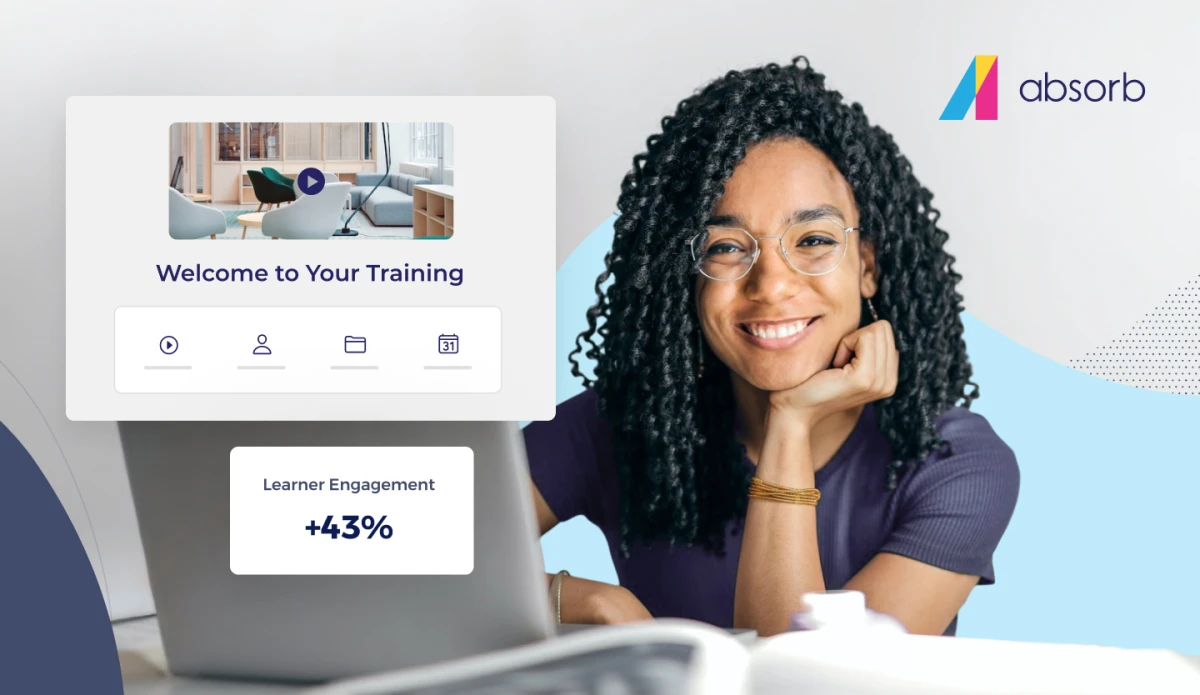This is the second in a three-part series. Part one was an introduction to selling learning content to individuals and organizations. Part two will examine the most important learning management system requirements to support the sale of training. Part three will show how Absorb LMS meets the needs of commercial course providers.
In part one of this series, I mentioned the importance of selecting niche topics where learners and organizations are highly motivated to pay for training. Certification training in regulated industries is a good place to look for potential topics. Now, Let's look at the learning management system requirements to support a business that sells learning content.
QUESTION: What do you believe is the most important LMS feature requirement for a company that sells training?
Chances are you answered "integrated eCommerce." Integrated eCommerce can certainly make the financial processing and tracking of selling training easier. But it isn't the number one requirement. You could, if you wanted to, sell access to your training content using third-party shopping cart software such as Miva Merchant or Zen Cart, an open-source solution. In addition, many Web hosting companies provide you with shopping cart software as part of your Web site's control panel. The bottom line is that selling products and services online is a lot easier now than it was five years ago. So if integrated eCommerce isn't the most important LMS feature required for commercial training companies, what is? ANSWER: Automation
Here's why. All learning management systems allow you to:
- Register a learner
- Enroll the learner in learning events such as courses
- Generate a report showing the learner's progress
Some LMS will allow you to issue certificates. Few LMS, however, provide a way to automate the entire process, from payment to the issuance of a certificate, and beyond to recertification. Lacking automation, administrators are forced to manually perform these tasks. The result of manual processes is a business model that doesn't scale. Automation = Scalability = Future Success
Let's say the total combined time to administer one learner from the time he or she has paid for a course, through enrollment, to the point a certificate is issued is 30 minutes. How will you handle the process manually when a company contacts you to say they wish to send you 300 learners for training that needs to be completed in 30 days? This scenario translates into 150 hours of administration; just ten hours short of four, 40-hour weeks.
Top Learning Management System Requirements for Online Training Providers
So, here are the most important requirements for a company that sells online learning:
- Automation — You'll be miserable and spending sleepless nights as soon as your company starts to grow if you ignore this critical requirement. You want the entire process of administering one, hundreds, or thousands of learners to be as automated as possible. Ideally, you want your learners to self-register, automatically be enrolled in the appropriate course or curricula, receive a certificate upon completion, and be notified of recertification requirements, if any, at a later date. In addition, you want the tracking of the learners' progress to be automated. Rather than having to log into the system to see learners' progress, you want the system to automatically and regularly push reports to you so that you can quickly glance at them when needed.
- Ability to provide self-paced as well as instructor-led courses — You may be thinking right now that you'll only be offering self-paced online courses. Your needs may change. In a few months, you may want to provide live virtual tutoring to learners for an additional fee (smart!). Keep your future options open by choosing a system that will support instructor-led, either traditional face-to-face or virtual, as well as self-paced, learning.
- SaaS: You don't want to be wasting your time on configuring your technology. You have better things to do than installing modules and tinkering with settings or paying someone to do these things for you. Select a product hosted by a provider and let them deal with ensuring that the technology is always running smoothly.
- eCommerce support — As much as you can easily add a shopping cart to your Web site (see above), you may want to consider an LMS that has integrated eCommerce features to track the cost versus revenue of each course, as well as a way to easily provide discounts to certain groups of customers.
- 24/7 support for learners — Do you think you'll enjoy getting a phone call from a learner at 2 am because he or she can't access their training? Do you think you'll be able to keep your calm when you discover that the learner doesn't have internet access and the issue they face has nothing to do with your technology? Being a personal 24/7 help desk is very hard work that can sap your enthusiasm for your business. Technical support for learners should be a priority.
In part three of this series, I'll discuss how Absorb LMS meets these requirements. PHOTO CREDIT: http://www.flickr.com/photos/mzpi/4507812682/ (Creative Commons-licensed content for commercial use)





